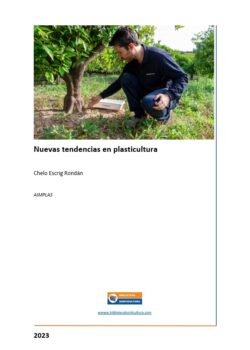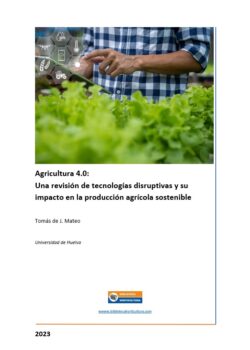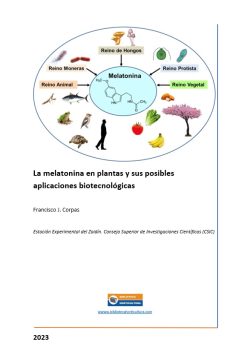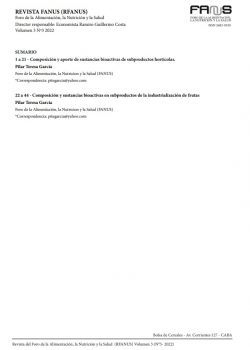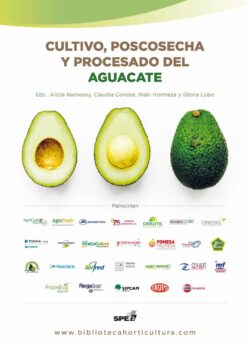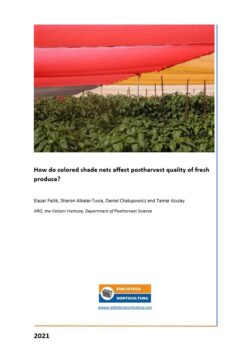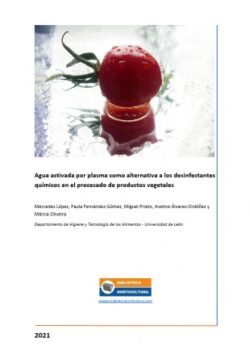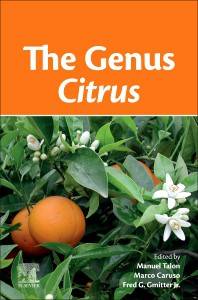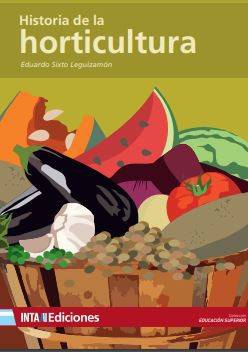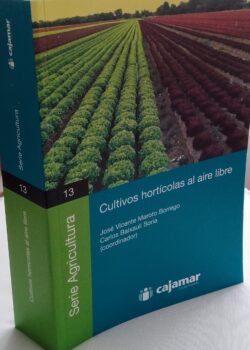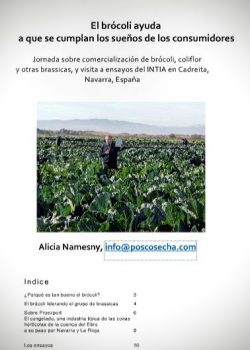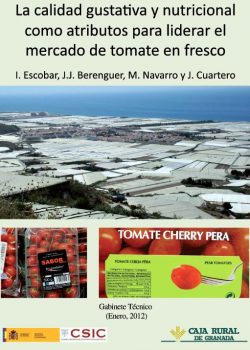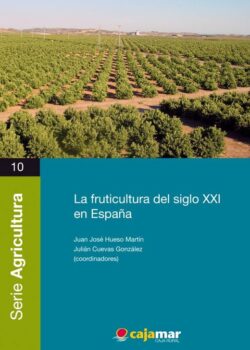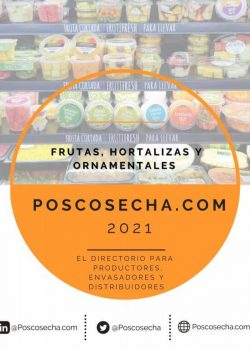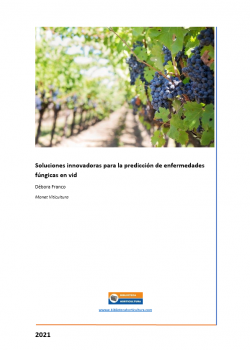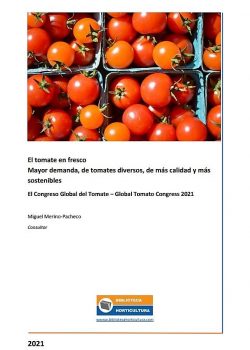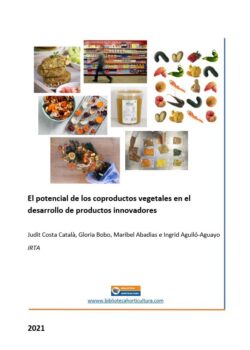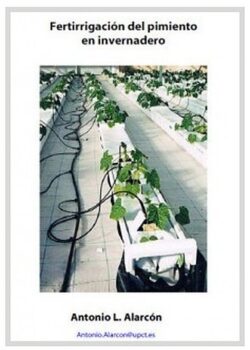Achieving sustainable cultivation of bananas
Editor
Kema, Gert
378 pp
ISBN-13: 9781786761569
Burleigh Dodds Science Publishing
Prof. Dr. Gert Kema (Ed.) Tropical Plant Pathology & Head of the Department of Phytopathology at Wageningen University, Wageningen, The Netherlands. October 2018. Cultivation techniques Vol.1 ISBN-13: 9781786761569
Bananas are the world’s most popular fruit and, according to the FAO, the fourth most important crop in the developing world after rice, wheat and maize. This volume discusses ways of improving cultivation techniques to make production more sustainable.
Part 1 reviews current yields, production trends and constraints. Part 2 surveys ways of improving cultivation practice whilst Part 3 discusses harvest and post-harvest operations. The final part of the book assesses ways of measuring and improving the environmental impact of banana cultivation.
Drawing on an international range of expertise, this collection focuses on ways of achieving more sustainable cultivation of banana at each step in the value chain, from propagation to post-harvest operations. This comprehensive collection will be a standard reference for the banana research community as well as banana producers. Table of contents →
1.The origin, domestication and dispersal of bananas: Hugo Volkaert, National Center for Genetic Engineering and Biotechnology, Thailand;
2.Understanding the banana industry: monoculture and beyond: Dan Koeppel, Independent Journalist and Researcher, USA;
3.Banana cultivation in Africa: W. K. Tushemereirwe and J. Kubiriba, National Agricultural Research Laboratories, Uganda;
4.Challenges and opportunities for smallholders in banana value chains: William Tinzaara, Bioversity International, Uganda; Dietmar Stoian, Bioversity International, France, Walter Ocimati, Enoch Kikulwe and Gloria Otieno, Bioversity International, Uganda; and Guy Blomme, Bioversity International, Ethiopia;
Part 2 Improving practices across the banana value chain
5.A functional approach to bunch formation in banana: D. W. Turner, School of Agriculture and Environment, The University of Western Australia, Australia; and D. J. Gibbs, Consultant, Australia;
6.Banana plant propagation methods: Sharon D. Hamill, Department of Agriculture and Fisheries, Australia;
7.Conserving banana germplasm through field genebanks: Mike Smith, Queensland Department of Agriculture and Fisheries, Australia;
8.Good agricultural practices: an end or a starting point for more sustainable banana production?: Charles Staver, Bioversity International, France;
9.Challenges in cultivation of bananas in the subtropics: Víctor Galán Saúco, Instituto Canario de Investigaciones Agrarias, Spain;
10.Nutrition and soil management in banana cultivation: Jetse J. Stoorvogel, Wageningen University, The Netherlands; and Rafael A. Segura, CORBANA S.A., Costa Rica;
11.Harvesting and packaging of bananas: Juan José Aycart, Dole, Ecuador;
12.Ripening systems for bananas: Frits Popma, Popma Fruit Expertise, The Netherlands;
Part 3 Assessing and improving sustainability
13.Life cycle assessment and carbon footprint of banana cultivation: Louis Bockel, Laure-Sophie Schiettecatte and Orane Debrune, Food and Agriculture Organization (FAO), Italy;
14.Sustainable banana cultivation: from standards to multiple solutions: Sietze Vellema and Kees Jansen, Wageningen University, The Netherlands;
15.Organic banana cultivation and sustainability: Frans Wielemaker, Consultant (formerly Director of Research at Dole Fresh Fruit International), Costa Rica;
Prof. Dr. Gert Kema (Ed.) Tropical Plant Pathology & Head of the Department of Phytopathology at Wageningen University. Oct. 2018. Cultivation techniques Vol.1. ISBN-13: 9781786761569



